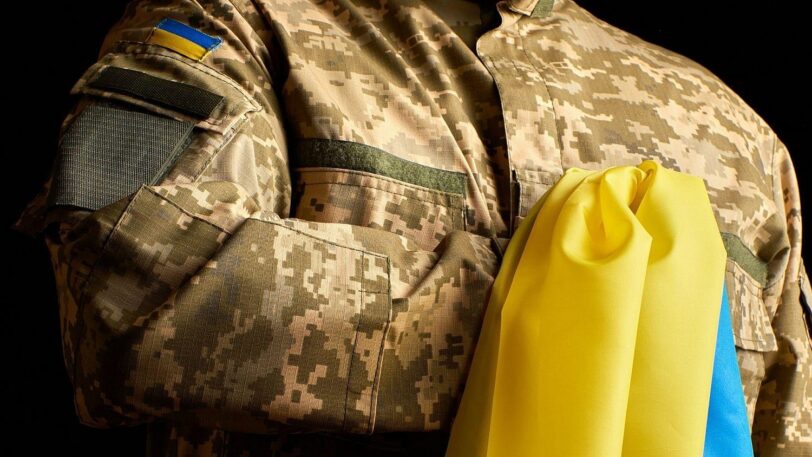
On this page
The war in Ukraine has affected many across the world in different ways. Specific problems have risen out of this conflict for both Ukrainians and Russians across the globe...
The war in Ukraine has affected many across the world in different ways. Specific problems have risen out of this conflict for both Ukrainians and Russians across the globe that is important to understand and address to help heal emotional pain, reduce division, and improve resolution. It is important to recognize that the length of conflict between Ukrainians and Russians has existed for some time and did not just start recently – the extend and meaning of conflict is debatable. Ukrainians and Russians share many similarities but also many cultural differences that is important to explore when working with these two groups especially when considering diverse groups within Ukraine and Russia. For example, western Ukraine is largely Ukrainian speaking that shares many similar values of those of its neighboring west countries, while Eastern Ukraine is largely Russian speaking with historic closer ties to Russia, and central Ukraine has mixture of both languages with values. Despite some differences there is unity between these groups. Due to geographic location, we have three main groups of people most closely related to and affect by the war in Ukraine, as noted in bold below. The clinical interventions may also be applicable to other groups not mentioned here as well.
Ukrainians in Ukraine or refugees
The war has resulted in trauma of multiple losses that carries emotional and physical pain that is yet to be addressed. Many Ukrainians struggle sleeping, worrying for their safety, basic survival needs, loss of independence or threat to losing their nationality. The stress reaction of fight or flight and in other cases freeze response is evident by some that choose to flee, fight, or remain undecided. The present and future is growing more unpredictable and uncertain with quick escalation and developments with world leaders’ response to the war. No one is certain how much more pain Ukrainians can endure with ongoing war and destruction. Psycho-somatic symptoms are prominent and crisis management may be appropriate.
Ukrainians living abroad
Many Ukrainians outside the direct conflict may find themselves also uncertain, helpless, worry about their families affected by the conflict, may experience anger and/or feeling disconnected. Vicarious trauma is likely for many. Conflicts may arise when dealing with Russians in their social circles and vise versa.
Russians
Many Russians or of ethic Russian origins may experience guilt, shame, isolation, racism, fear, internal conflict, and others may experience disbelief, misinformed, ignorance, anger, deflection, and/or struggle to identify facts to support their argument.
Clinical interventions:
- Grievance therapy
- Anger management
- Anxiety and Depression management
- Trauma-based interventions
- Reestablishing routines, Adjustment related distress interventions
- Resilience building to change
- Stress and trauma management [https://www.ptsd.va.gov/gethel...]
- Normalizing and validating personal experiences
- Affect regulation
- Supportive therapy
- Addressing survival guilt
- Moral injury [https://www.psychologytoday.co...]
- Psychoeducation into emotional curve/cycles from stages of war [https://www.canr.msu.edu/news/...]
- Reducing emotional competition which one may experience in their social groups.
- Family conflict resolution that resulted from the war and disagreement based on opposing propaganda or perspectives.
Information wars
Dehumanizes Ukrainian experience, spreads misinformation, minimizes conflict, and creates racism.
https://www.nytimes.com/2022/0...
by: Yuriy Bychkiv, Psy.D.



